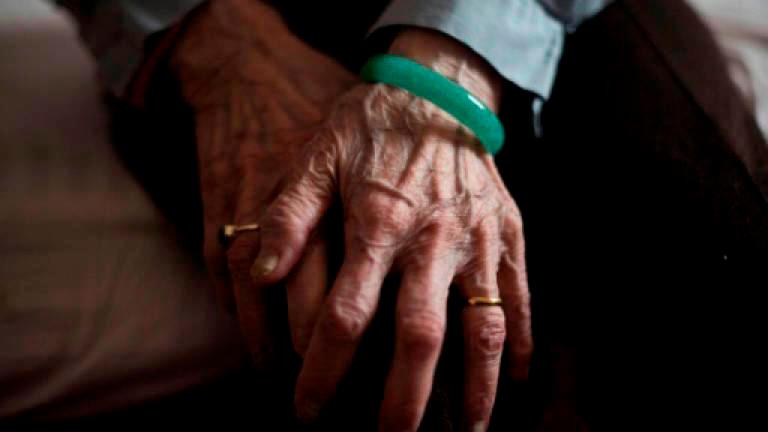WHILE a large number of people may die of premature death, many will live through their 60s, fewer in their 70s and some in their 80s and beyond.
Whatever age they may be at the time of passing, how the last few years are spent count more than anything in the past.
Whatever success or failure decades ago are nothing more than a distant memory and likely to be forgotten by others.
Having crossed off many items in a long bucket list would pale in significance when one undergoes untold sufferings for months before succumbing to a disease.
Those seemingly well but die in their sleep get to rest in peace. Those who die after a major heart attack or stroke are better off than those who survived but have become half-paralysed.
The worst are those bedridden, with some even in comatose state and suffering a living death.
For those with a lifespan of 76 years, they would have lived for 25,932 days by the time they reach 71 years old, or 93.4% of the 27,759 days.
This means they are left with only 1,827 days or 6.6%.
For the elderly, the days pass swiftly compared with when they were much younger.
Without a doubt, health is the most important factor for those in their 70s or older.
Without good health, everything else becomes meaningless, the world uninteresting and the most delicious foods, no longer enjoyable.
Old men or women can easily become bitter and miserable.
For those who wish to be healthier when they reach old age, they must start with a healthy lifestyle in their 40s or earlier by having a balanced diet, not overeating, exercising regularly, resting well, limiting alcoholic and sugary drinks, not smoking or indulging in narcotics.
Their last chance is in their 50s when it is crucial to consume a great variety of foods, minimise oils and fats, maximise vegetables and fruits, and have regular cardiovascular exercises such as brisk walking, jogging or cycling. If not, it is too late by the time they hit the 60s.
Those in the 70s and 80s would be least affected by the food they consume.
Therefore, it would be pointless to discipline by limiting to healthy but bland foods.
In their sunset years, they should be allowed to enjoy whatever food they fancy while they still can.
And fortunately, they can still have the best years of their lives from regular exercises, which could be physical, mental or spiritual.
For example, I walk or cycle for an hour every morning before the sun is up and I would feel energised instead of lethargic for the rest of the day.
If I am living in the countryside instead of holed up in an apartment, I would be busy tending fruit trees, vegetable beds, flowering plants and fishponds, with free range chickens and ducks running about.
By offering rural homestay and activities, I could comfortably live off the land.
But I was just dreaming. Back to reality and in my apartment with internet connection, I could easily catch up with all the local and international news using a laptop with an oversized screen while being bombarded non-stop with messages, reports and videos received via WhatsApp.
Also, there are countless videos to watch and listen to, but too much of anything is good for nothing.
A friend of mine makes sure he finishes playing Sudoku printed daily in a newspaper for mental exercise. He is in his 70s but looks 20 years younger.
As for me, I write. I spend long hours crystallising my thoughts and opinions in writing letters to the media, preparing recommendations for my consultancy work, or developing training programmes.
After a strenuous mental workout, I felt great instead of mentally exhausted.
While it is natural for the elderly to grow weaker and shorter, it is imperative they continue to use all physical and mental faculties.
Otherwise, whatever that is not used will be lost. Without mental exercise, I suspect my brain and head would have shrunk.
Although I am agnostic and do not believe or disbelieve in God, I am at peace spiritually and do not need to anchor myself to any religion.
Instead of interpreting sacred texts doggedly, I subscribe to universal values and embrace everyone regardless of their faith or ethnicity.
It is easy for me to do so as I grew up in a family and society where there were no racial or religious prejudice or discrimination.
I was colour blind and mixed with many Indian schoolmates in my village and used to speak English with an Indian accent without realising it.
I am in my 70s and continue to participate actively in the tourism industry, particularly in travel, transport, training and consultancy sectors.
Although interrupted by the pandemic, I am geared to act as a catalyst for change, which is much needed by the industry for its recovery.
The writer was in Form 5 at La Salle Klang in 1967. This letter is dedicated to his school and classmates. Many are still around while others have moved on. Comments: letters@thesundaily.com














